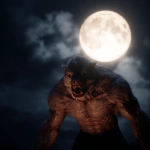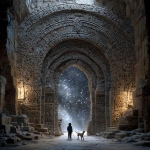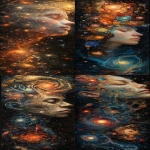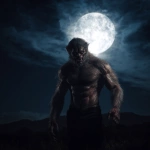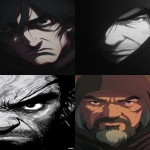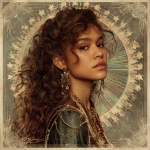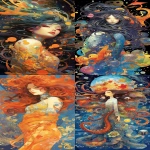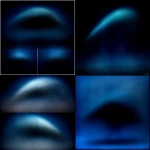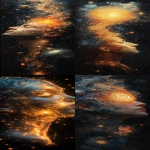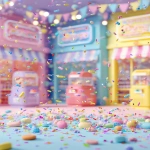Explore the Best AI Image Gallery
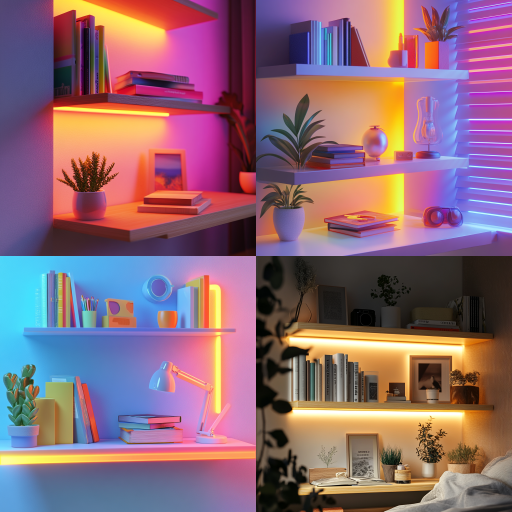
AI and Digital Creativity: Shaping the Future of Artistic Expression
The intersection of Artificial Intelligence (AI) and digital creativity has led to revolutionary shifts in how artists, designers, and creators conceive and execute their work. This convergence is not merely a trend; it represents a fundamental transformation of creative industries, and its ripple effects are being felt across various fields. In this blog post, we will delve into the multifaceted impact of AI on creativity, explore potential uses, and examine ethical considerations and future trends.
The Impact of AI on the Creative Industry
AI technologies are redefining traditional artistic boundaries. For instance, algorithms can analyze vast amounts of data to generate unique artworks or assist in music composition. Creative minds are utilizing AI-powered tools such as AI-generated music platforms, graphic design resources, and even narrative generation applications to augment their creative processes. Here are some notable impacts:
- Enhancement of Artistic Skills: AI can act as a co-creator, helping artists generate new ideas and explore styles they might not have considered before.
- Efficient Workflow: Repetitive tasks such as photo editing, layout designs, and content generation can be automated, allowing artists to focus on higher-level creative decisions.
- Accessibility: Advanced tools have lowered the barrier to entry for aspiring artists, making it easier to create professional-quality work without years of training.
Potential Uses of AI in Various Creative Fields
AI's capabilities extend beyond mere collaboration; they offer real-world applications that can be harnessed across different domains:
- Visual Arts: Artists are employing AI to create visual art using neural networks and machine learning, producing works that challenge conventional aesthetics.
- Music Production: AI algorithms can compose music by analyzing existing compositions, facilitating a blend of human creativity and machine intelligence.
- Film and Animation: AI technologies are utilized in scriptwriting, video editing, and even generating realistic CGI characters.
- Marketing and Advertising: AI-generated visuals and targeted content can significantly improve engagement and conversion rates in campaigns.
Ethical Considerations in AI-Driven Creativity
As with any technological advancement, the harmonization of AI and creativity comes with complex ethical considerations. Here are some critical issues that need to be addressed:
- Ownership and Copyright: When AI generates art, questions arise over who holds the rights to that artwork. Is it the creator who programmed the AI, the AI itself, or the person who requested the piece?
- Authenticity: The proliferation of AI-generated art raises concerns about the authenticity of artistic expression and the value placed on human-created versus machine-created art.
- Job Displacement: As AI tools become more capable, some may fear that they will replace jobs within traditional creative roles, leading to economic concerns.
The Future of AI in Digital Creativity
Looking ahead, the future of AI in the creative industry appears promising but complex. Here are some anticipated trends:
- Greater Collaboration: The relationship between artists and AI is projected to evolve into more collaborative ventures, where AI augments human creativity in unprecedented ways.
- Personalized Experiences: AI will enable highly personalized artistic experiences, tailoring content to individual preferences and emotions.
- Education and Training: AI tools will become integral to educational systems, helping train the next generation of artists and creators in harnessing this technology.
In conclusion, AI is reshaping the narrative of digital creativity, presenting both exciting opportunities and daunting challenges. As we continue to explore this burgeoning landscape, it becomes imperative for industry professionals, ethicists, and policymakers to engage in conversations that shape the responsible use of AI in the creative sector.


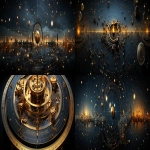
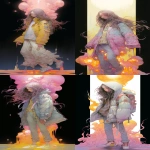
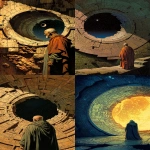
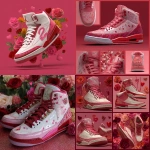
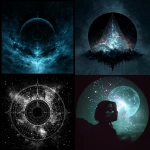
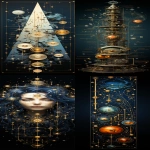

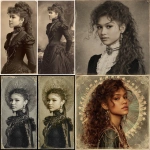
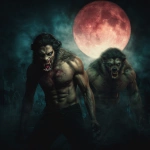
](https://images.ai-img.art/thumbnails/150/ddfcd3cfcd96dd8d48f26fc2a0406d5daa1e8ff5c17fd91de6502c7107ca08ac.webp)
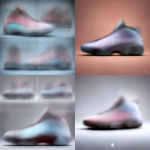
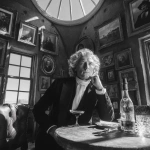
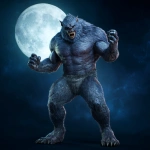
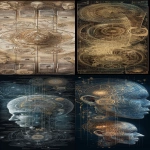
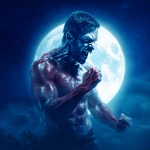
](https://images.ai-img.art/thumbnails/150/c567a1358478083ae41a0cfe6091474ff06e613a84b6c29ca3a26beb2bd76142.webp)
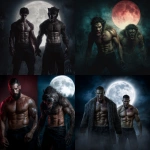
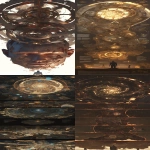
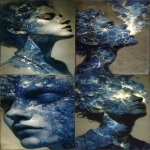
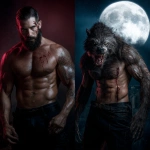
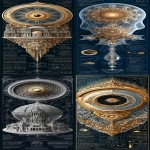
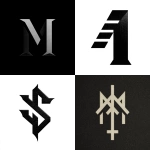
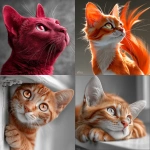

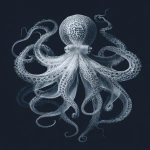
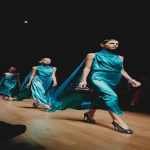
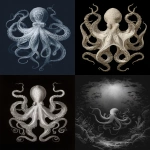
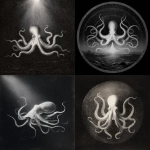
](https://images.ai-img.art/thumbnails/150/99160160c478b524ba92aa139b5b6aef0be4f3368720294c1dc3fe8fc4cbdd90.webp)
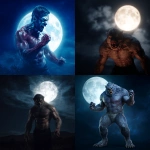
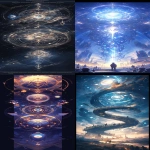
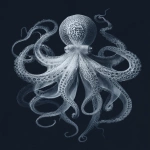
](https://images.ai-img.art/thumbnails/150/d912741b1ab16ff573f976b1d875060fed0db91bf03973bae8f91338eb0863a8.webp)
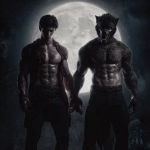
](https://images.ai-img.art/thumbnails/150/6ac2c201a41e2b8724571746d5719f3f25acc52d87a2077f62dcbae44495108e.webp)
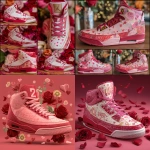
](https://images.ai-img.art/thumbnails/150/0349dd8cf310ed10eba1fc74a6f316b8982c8c2bda7e033d1c1e3dc87d849258.webp)

